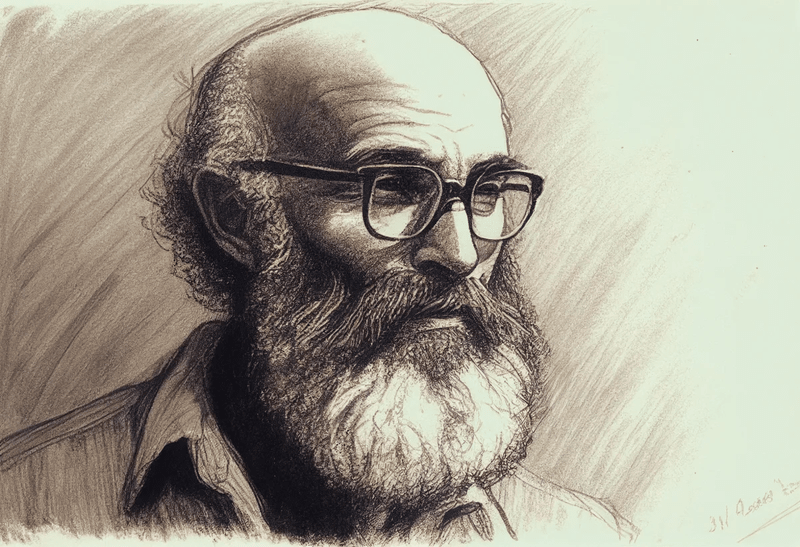Open Recognition + Critical Pedagogy = empowerment, dialogue, and inclusion

At the crossroads of education, social justice, and personal development stands critical pedagogy, a concept associated with the Brazilian educator and philosopher Paolo Freire. His conviction was that education should be egalitarian, democratic, and transformative; his work has had an outsize impact on my educational philosophy. Critical pedagogy emphasises the significance of dialogue, critical thinking, and active participation. The further I delve into the world of of Open Recognition, the clearer the links with Freire, both in essence and practice.
In Pedagogy of the Oppressed, Freire states that:
Education either functions as an instrument which is used to facilitate integration of the younger generation into the logic of the present system and bring about conformity or it becomes the practice of freedom, the means by which men and women deal critically and creatively with reality and discover how to participate in the transformation of their world.
Open Recognition, like critical pedagogy, is about empowering individuals to take ownership of their personal and professional development. The approach not only foregrounds knowledge, skills, and understanding, but also behaviours, relationships, and experiences.
Freire believed that through open and honest conversations, individuals could challenge existing power structures, question assumptions, and engage in transformative learning experiences. Similarly, Open Recognition offers a way for individuals to engage in meaningful conversations about their skills, experiences, and aspirations — using language and approaches that make sense to them.
In facilitating dialogue over power dynamics, Open Recognition nurtures a sense of community and belonging. It empowers individuals to share their stories and learn from one another, and this exchange of ideas and experiences not only contributes to personal growth but also fosters a sense of collective responsibility and solidarity
Critical pedagogy is grounded in the belief that education should be a vehicle for social change and empowerment. Open Recognition aligns with this vision by providing ways for individuals make meaningful contributions to their communities, challenge the status quo, and actively participate in shaping their own futures.
So it’s fair to say that Open Recognition and critical pedagogy share a common goal: the empowerment and transformation of individuals through dialogue, inclusion, and active participation. By explicitly embracing the principles of critical pedagogy, it’s my belief that Open Recognition can help create a more inclusive and equitable world.
If you’re interested in Open Recognition, critical pedagogy, and doing something different than the status quo, I’d highly suggest joining badges.community!


